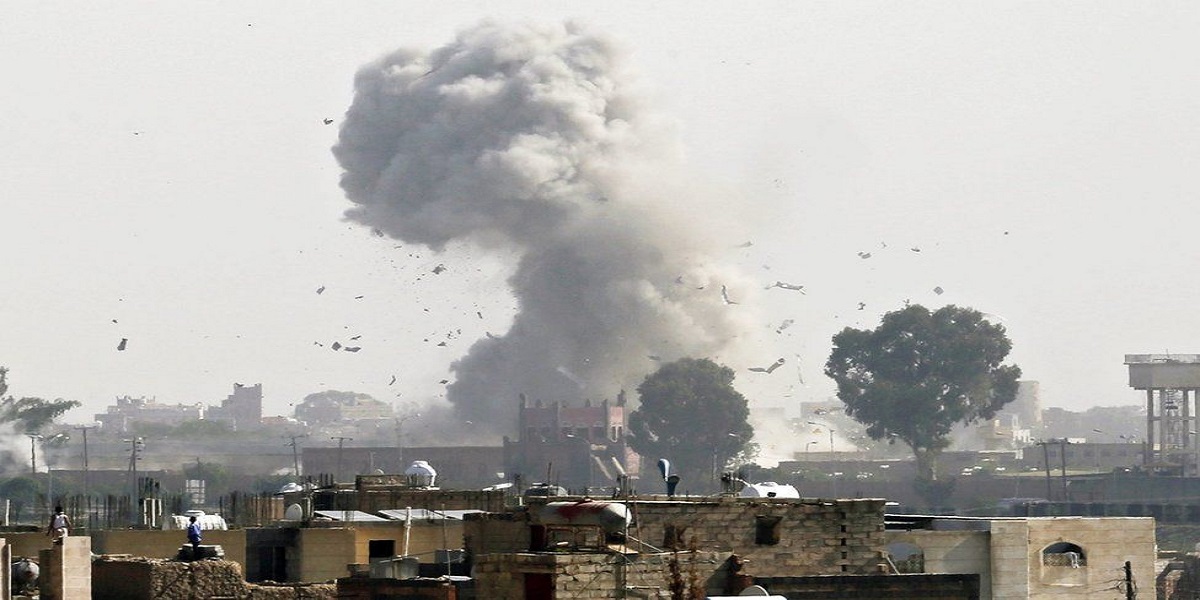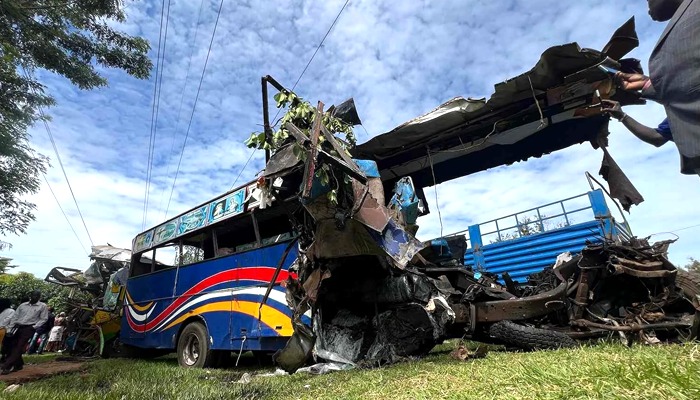On Thursday, Yemen’s exiled President Abd-Rabbu Mansour Hadi handed over control to a presidential council, in a surprise step backed by Hadi’s primary sponsor Saudi Arabia.
The Iran-backed Houthi rebels that the Saudi-led coalition is fighting in Yemen were passionately opposed to both the president, who had been in power for a decade, and his vice president, who was also dismissed.
The move comes only days after the Saudi-led coalition and the Houthi movement agreed to a two-month cease-fire mediated by the UN, the first since 2016. Observers interpreted this as a new lease on life for the seven-year conflict.
Why did the Houthis reject the new presidential council in the first place? Analysts believe the council represents an attempt to bring together diverse anti-Houthi factions ahead of a period of increasing conflict.
Saudi Arabia’s state-run news agency SPA aired a video of de facto ruler Crown Prince Mohammed bin Salman greeting the new Yemeni council and its head, Rashad al-Alimi, in the capital Riyadh shortly after Hadi’s declaration. With Saudi approval, the move took place on Saudi land.
Then, according to SPA, Saudi Arabia and the United Arab Emirates offered $3 billion to Yemen. The monarchy also announced a $300 million donation to the UN’s Yemen humanitarian relief fund and called for an aid donor conference to help the country’s war-torn people.
Mohammed Abdul Salam, the Houthi senior negotiator, called the move a sham and a “desperate attempt to restructure the ranks of mercenaries in order to push them toward more escalation.”
“This is a council that was essentially made in Saudi Arabia,” said Gregory Johnsen, a Brookings Institution non-resident scholar and former member of the UN Panel of Experts on Yemen.
The eight-member council is made up of a motley crew of individuals with diametrically opposed opinions on Yemen, several of whom have “clashed or fought with one another in recent years,” according to Johnsen. However, they share one thing in common: a dislike for the Houthis.
The foundation of the council, according to Peter Salisbury, a senior Yemen analyst at the International Crisis Group, is the “biggest momentous development in the inner workings of the anti-Houthi bloc since the conflict began.”
“To say the least, how this will actually function in practice will be… complex,” he remarked in a twitter post.
Yemen has been torn apart by violence for the past seven years, resulting in the world’s worst humanitarian disaster, according to the United Nations. More than 80% of the country’s population is in need of assistance, and food shortages have been compounded by Russia’s invasion of Ukraine.
The Gulf Cooperation Council ministers met on Thursday and expressed their support for the presidential council, as well as beginning UN-supervised negotiations with Iran-aligned Houthi rebels “to establish a final and comprehensive political solution.”
However, Johnsen doubted Saudi Arabia’s capacity to bring the council members together. He claims that many people have drastically opposing views about Yemen.
“Basically, the Saudis are attempting to get everyone back on the same page,” Johnsen said. “However, I believe the genie has escaped the bottle, and I do not believe Saudi Arabia will be able to impose any form of united action or unity of purpose on these organizations.”
Yemen’s upheaval occurred as resumed nuclear talks between Iran and the West progressed. Saudi Arabia and its Gulf neighbors have expressed concerns about a possible deal, fearing that a return to the 2015 nuclear deal will empower Iran to extend its activities in the region.
According to Johnsen, it’s difficult to determine if the reshuffle was “a stride ahead or a step backward” in Yemen’s drive for peace. “It’s difficult to envision Yemen being reassembled as a single entity,” he said.





















